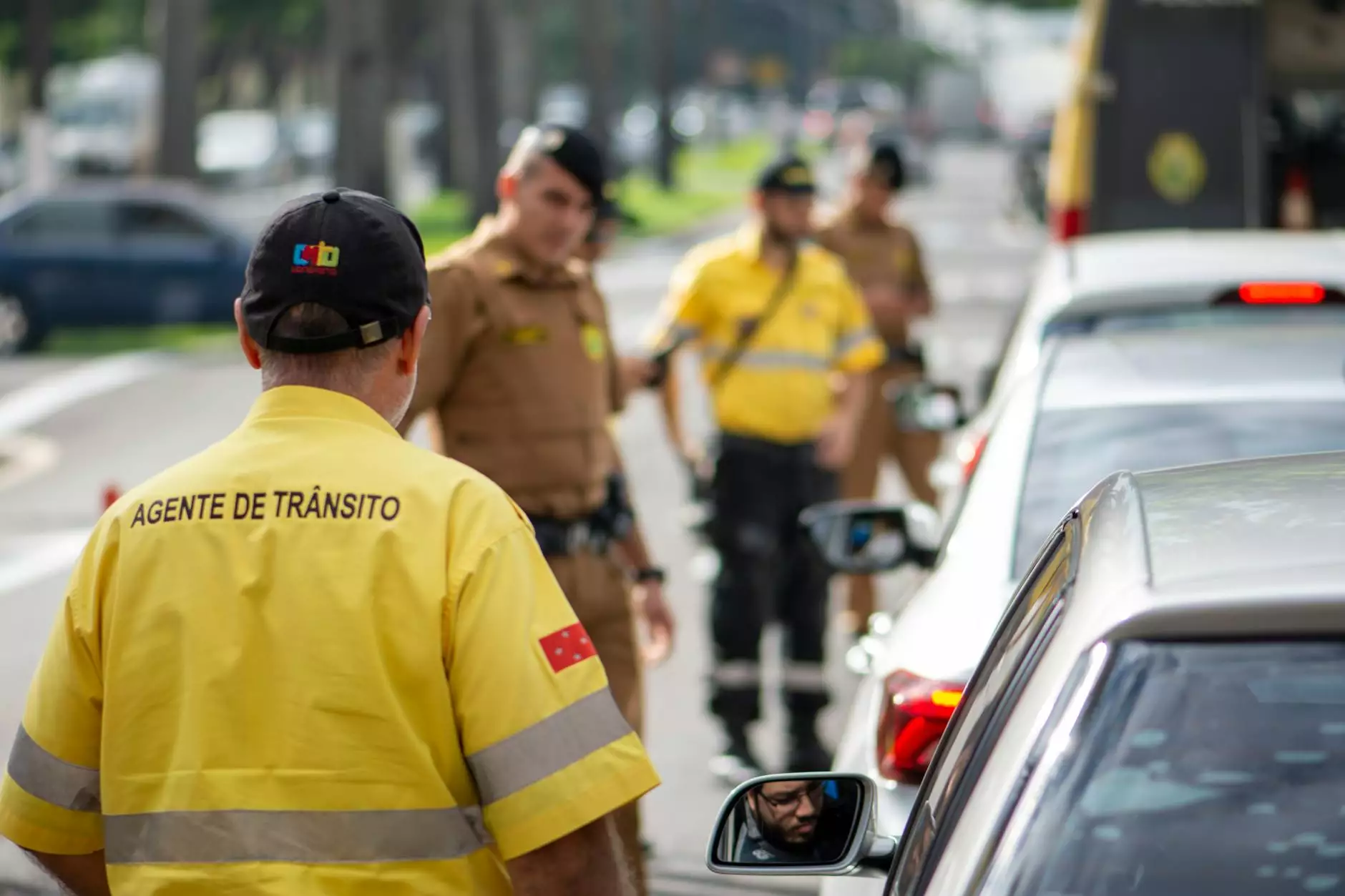The Unseen Importance of Fake ID Cards: A Deep Dive into Counterfeit Driver's Licenses

In today's fast-paced world, the concept of identity verification is more significant than ever. From online services to age-restricted venues, proving one's identity can often be a complicated affair. Counterfeit driver's licenses have emerged as an integral part of this landscape, and while they possess a controversial reputation, they serve various functions in modern society. This article delves into the nuances of fake ID cards, their implications, and how they fit within the broader spectrum of identity verification.
1. What are Fake ID Cards?
Fake ID cards, particularly counterfeit driver's licenses, are replicas or imitations of official identification documents issued by governmental authorities. Although the primary intent behind these ids may vary, they possess distinct characteristics and features that should not be overlooked:
- Design and Security Features: Modern fake IDs often replicate the holograms, barcodes, and intricate designs found in legitimate licenses to avoid detection.
- Material Quality: High-quality counterfeit IDs are made using durable materials similar to those of real documents, adding to their authenticity.
- Accessibility: These fake IDs are widely available online, which has increased their usage among specific demographics, notably younger individuals.
2. Why People Use Counterfeit Driver's Licenses
The reasons why individuals might seek out counterfeit driver's licenses are varied, and while some uses are innocuous, others carry significant legal risks. Here are a few common motivations:
- Age Verification: Many young people use fake IDs to access age-restricted venues such as bars, clubs, and casinos.
- Identity Concealment: In certain situations, individuals may want to use another identity for privacy reasons, often for safety or personal freedom.
- Travel Requirements: Some individuals may find themselves in situations where identification is required for travel or accommodation, leading them to seek alternatives.
- Pranks or Social Experiments: Groups of friends might use counterfeit IDs in social experiments to test the limits of security measures.
3. Legal Implications of Using Fake IDs
It's critical to understand that possessing or using a counterfeit driver's license can lead to severe legal ramifications. The laws regarding the use of fake IDs can vary tremendously from one jurisdiction to another:
- Criminal Charges: In many regions, using a fake ID is classified as a criminal offense, leading to fines, community service, or even jail time.
- Impact on Future Opportunities: A conviction can impact future employment opportunities, especially in fields requiring background checks.
- Increased Scrutiny: Once caught, individuals may face heightened scrutiny in future interactions with law enforcement.
4. The Role of Technology in Counterfeiting
Advancements in technology have drastically changed the landscape of identity verification. High-resolution printers, sophisticated graphic design software, and even 3D printing have made it easier to produce convincing counterfeit driver's licenses. However, this rise of technology also means enhanced security measures:
- Digital Watermarks: Many modern licenses now incorporate invisible digital watermarks that are hard to replicate.
- Blockchain Technology: The use of blockchain for verifying identities may reduce the need for physical IDs entirely.
- Biometric Verification: Increasingly, organizations are implementing biometric systems that make traditional ID checks obsolete.
5. The Social Perception of Fake IDs
Society's perception of fake ID cards is a complex web of cultural, legal, and ethical considerations. While some view them as harmless tools of youthful experimentation, others acknowledge the threats posed by potential misuse:
- Normalization: In certain circles, using a fake ID for access to social events is almost seen as a rite of passage.
- Delinquency and Consequence: Younger generations often face the repercussions of their actions, leading to criminal records that can impact their futures.
- Public Concern: Law enforcement and policymakers are increasingly concerned about the implications of widespread fake ID usage, especially in relation to public safety and security.
6. Responsible Use of Fake IDs for Education
While the possession of counterfeit driver's licenses should be approached with caution, it presents an opportunity for educational discussions around identity, privacy, and the legal system:
- Understanding Legal Boundaries: Young adults should be educated about the laws surrounding fake IDs to make informed decisions.
- Encouraging Responsible Behavior: Open dialogues regarding the ethical implications of using fake IDs can lead to more responsible behavior.
- Awareness Campaigns: Educational programs in schools can help prevent the common pitfalls associated with fake ID usage.
7. Alternatives to Fake IDs
For those who seek identification for legitimate reasons, there are safer and legal alternatives to counterfeit driver's licenses. These include:
- Obtaining Official Identification: Applying for a legal state-issued ID, which can often be done with minimal requirements.
- Digital Identity Solutions: With the advent of digital IDs, some apps allow users to carry their identification securely on their devices.
- Community Programs: Some organizations offer help to individuals who need assistance in obtaining legal identification.
8. Conclusion
In summary, fake ID cards, particularly counterfeit driver's licenses, represent a multifaceted issue that intertwines with modern identity verification challenges. The usage of such IDs carries significant legal, social, and ethical implications that cannot be ignored. As technology continues to evolve, so too will the methods of identification and verification, presenting new hurdles and opportunities. For anyone engaging in the world of identity verification, understanding the complexities surrounding fake IDs is crucial to navigating this intricate landscape.
For further inquiries or to explore legal avenues for identification needs, visit littyids.com for more information.









